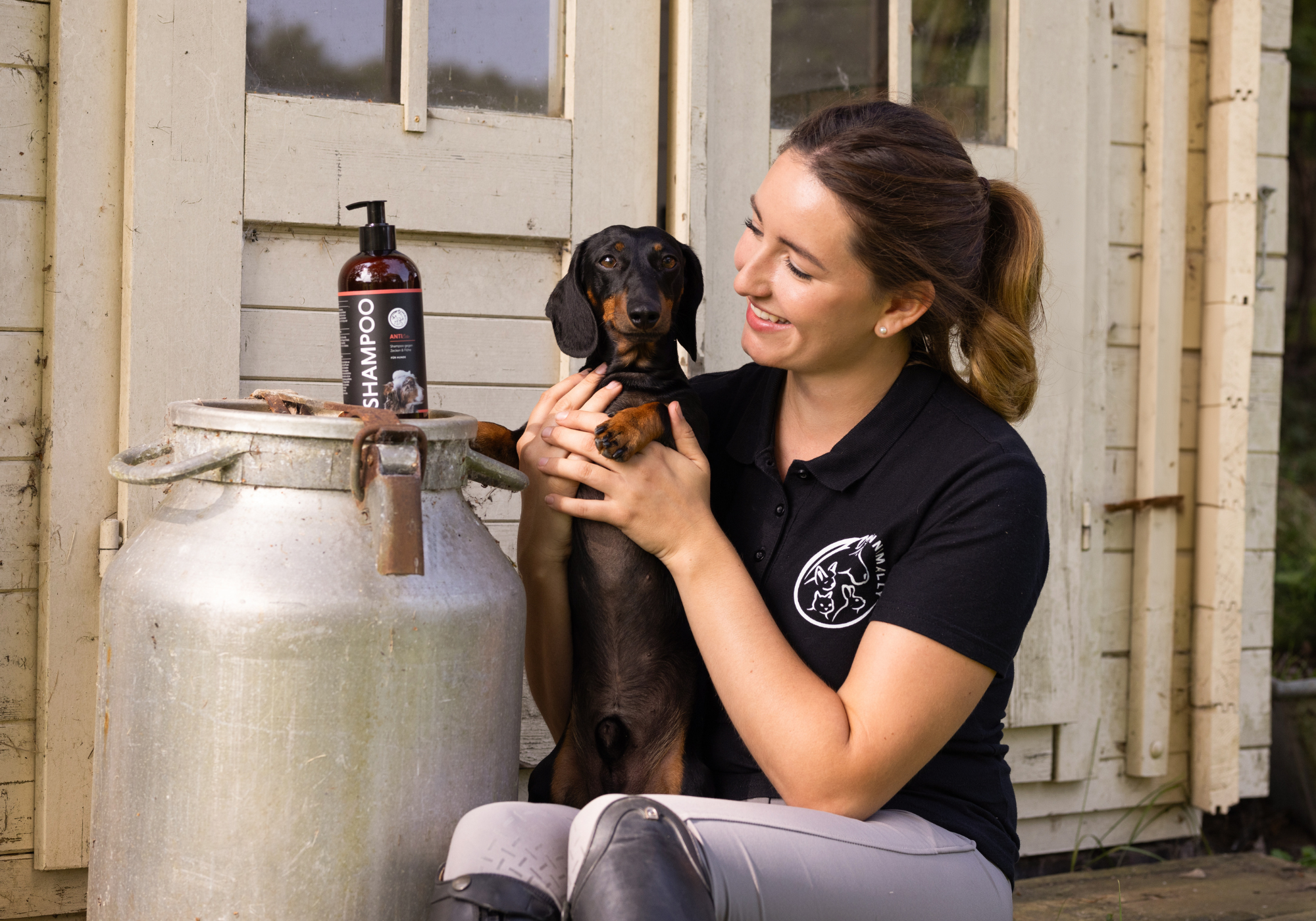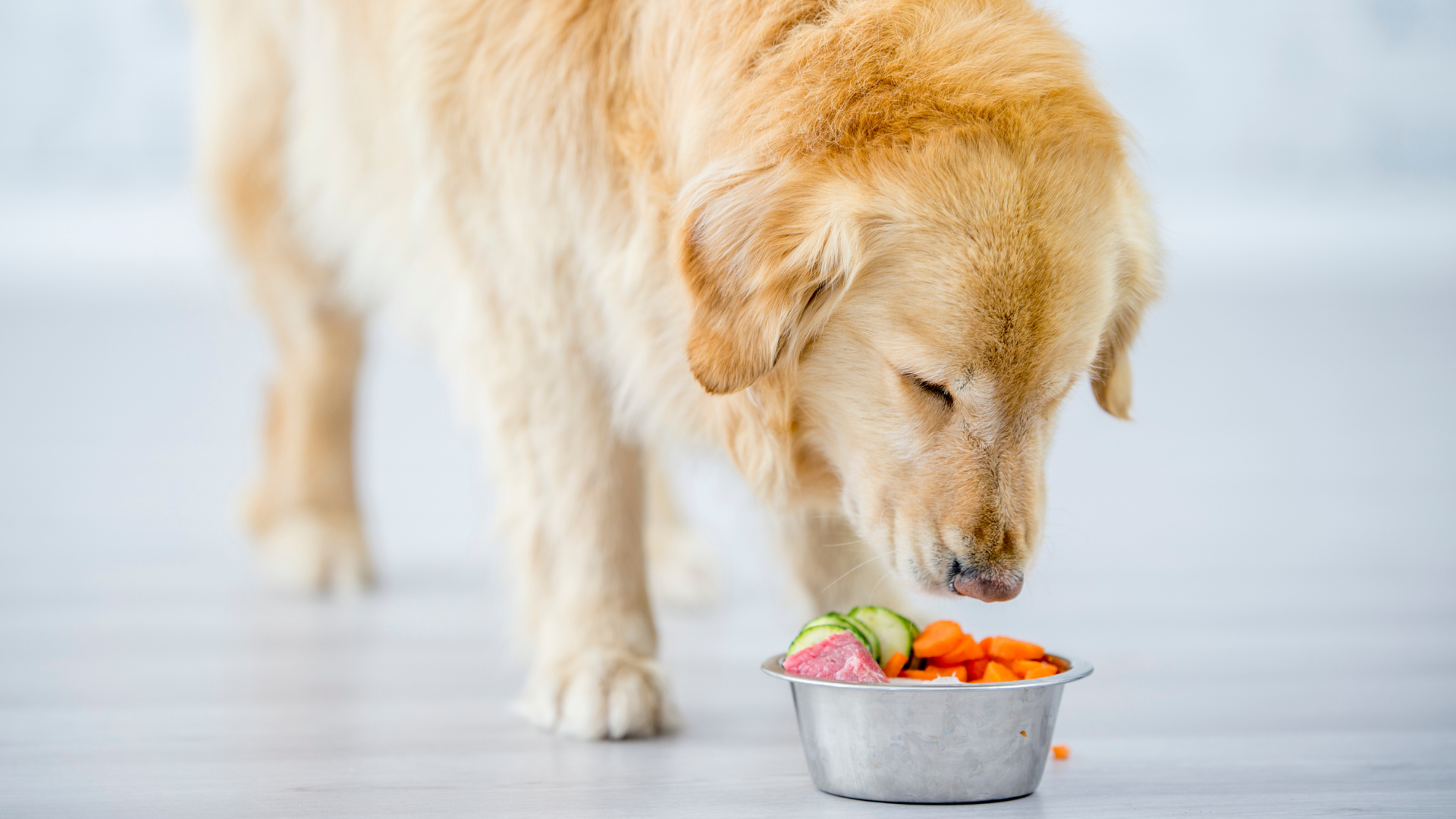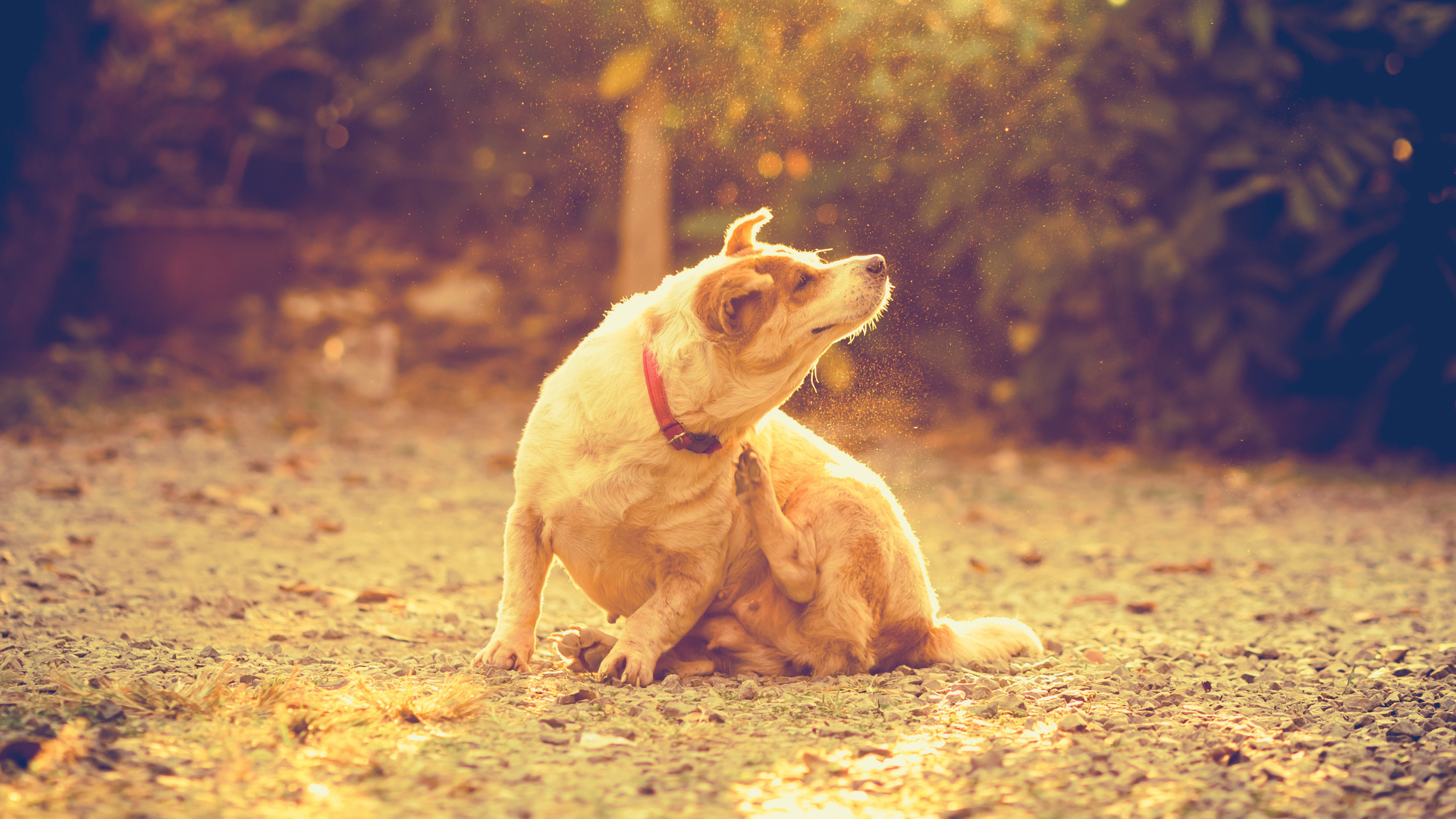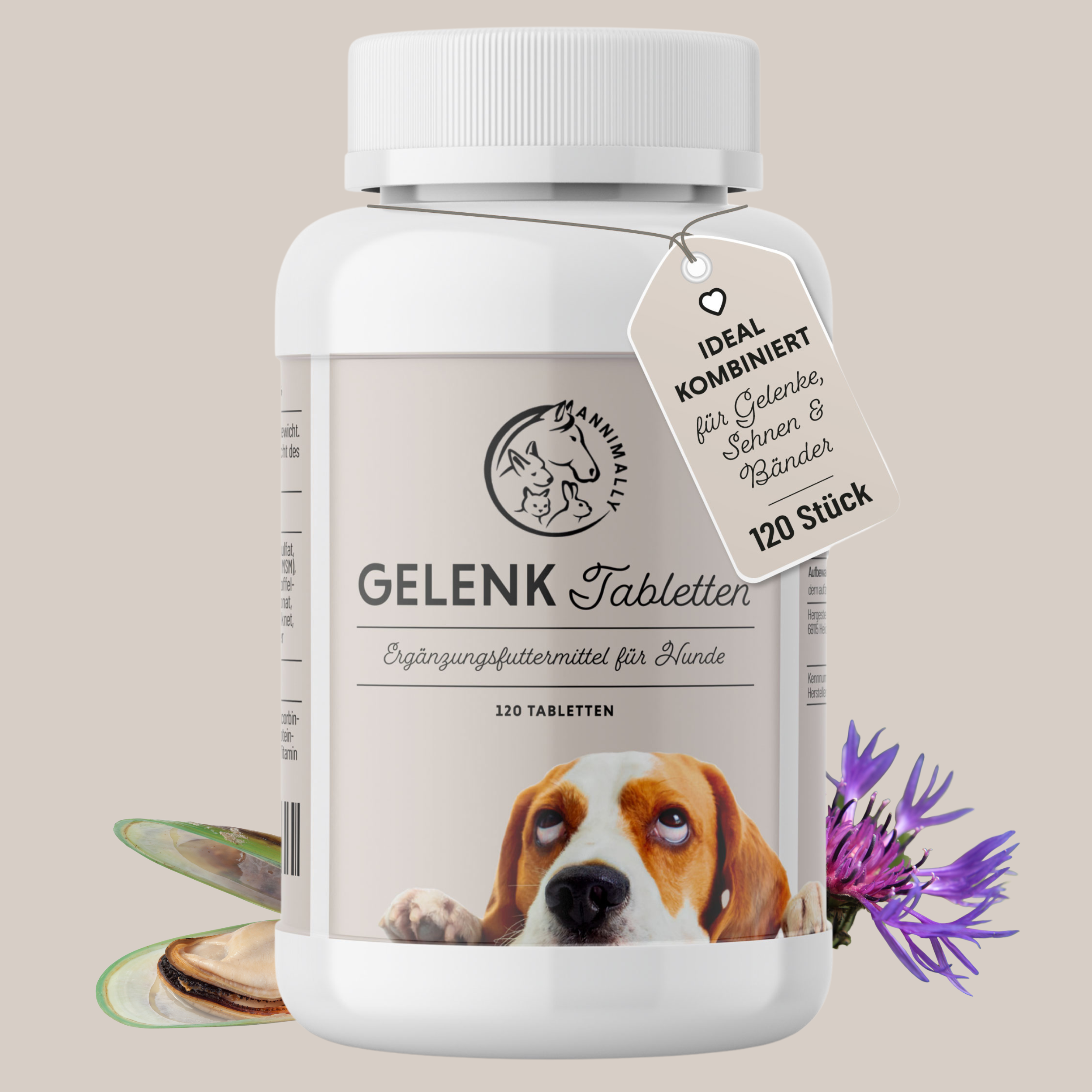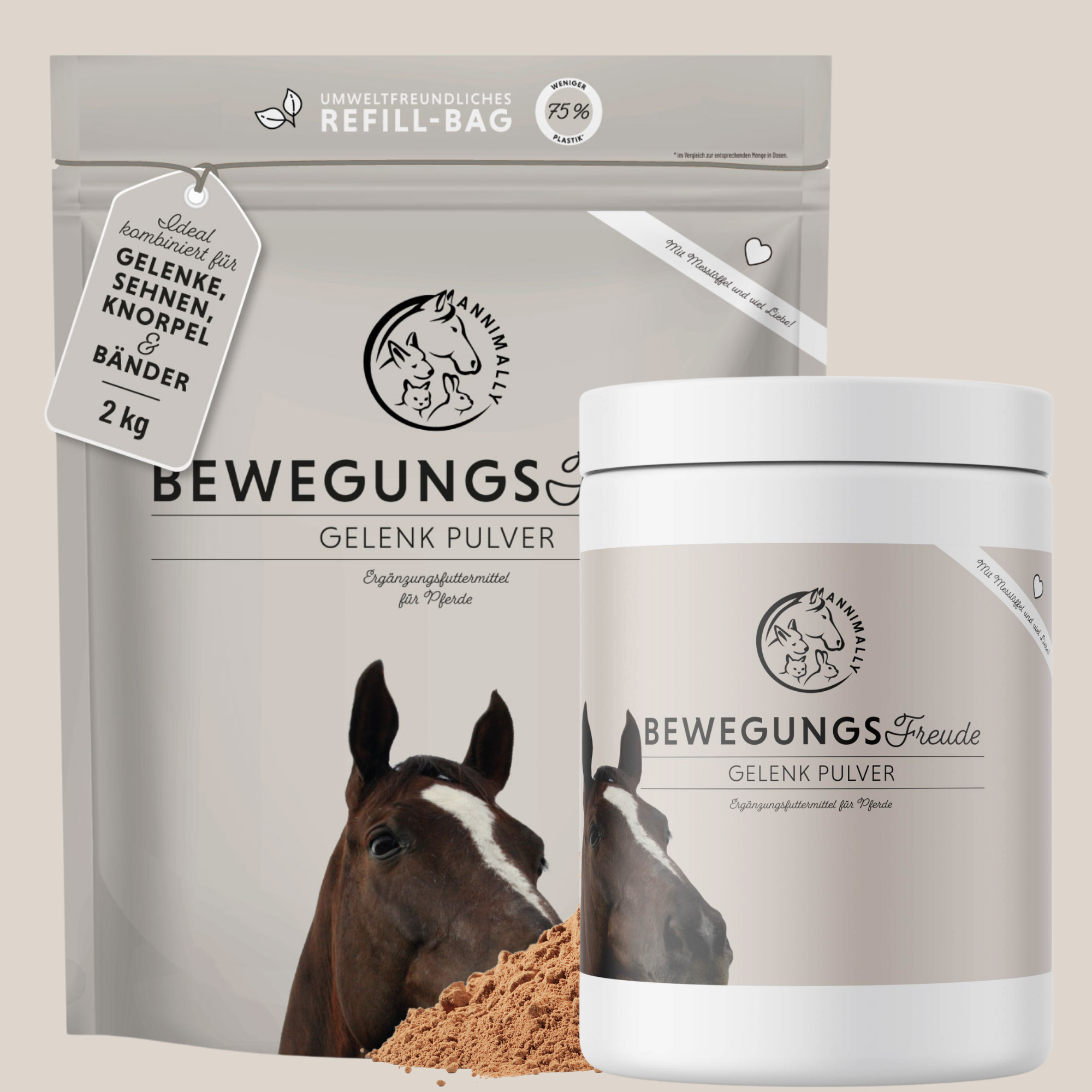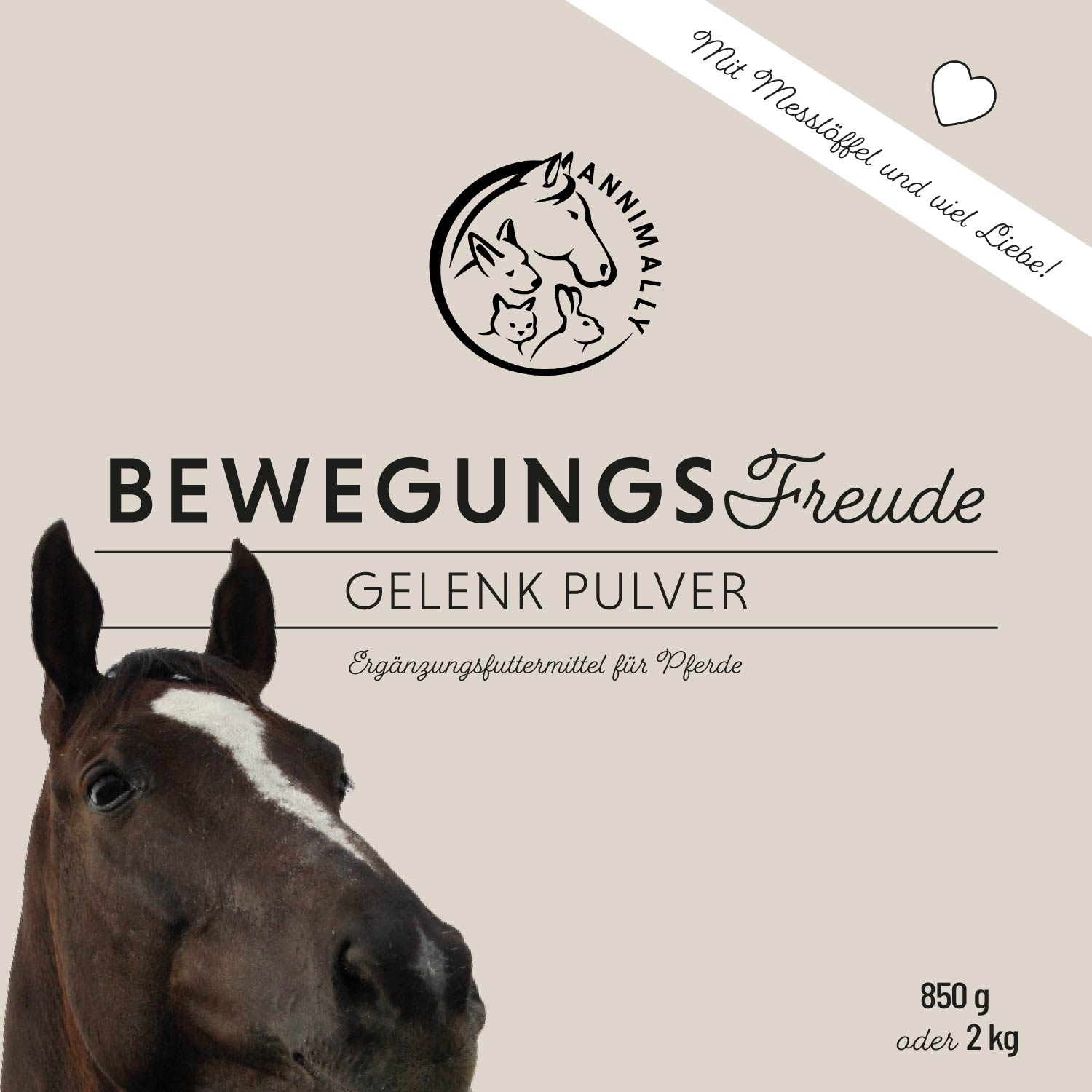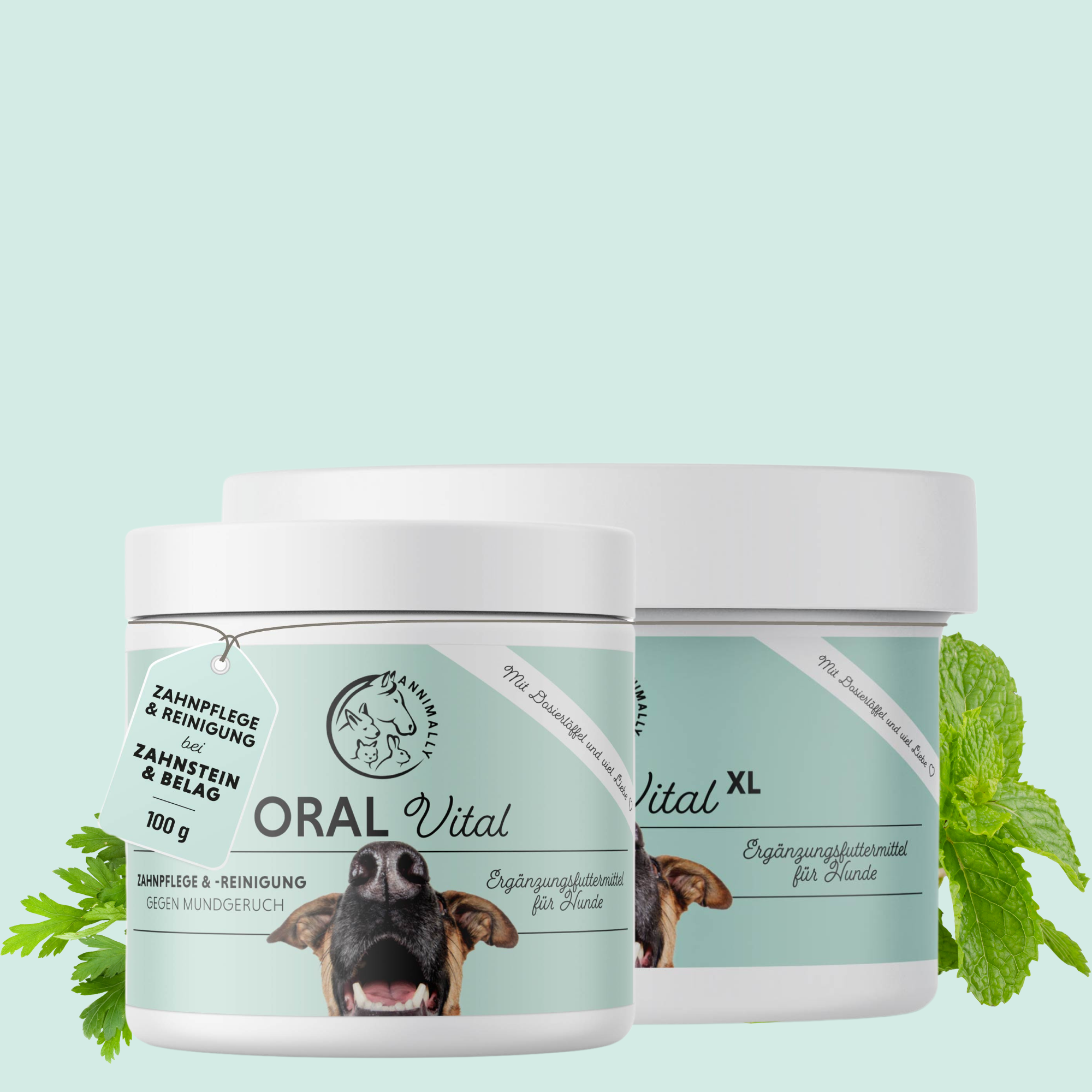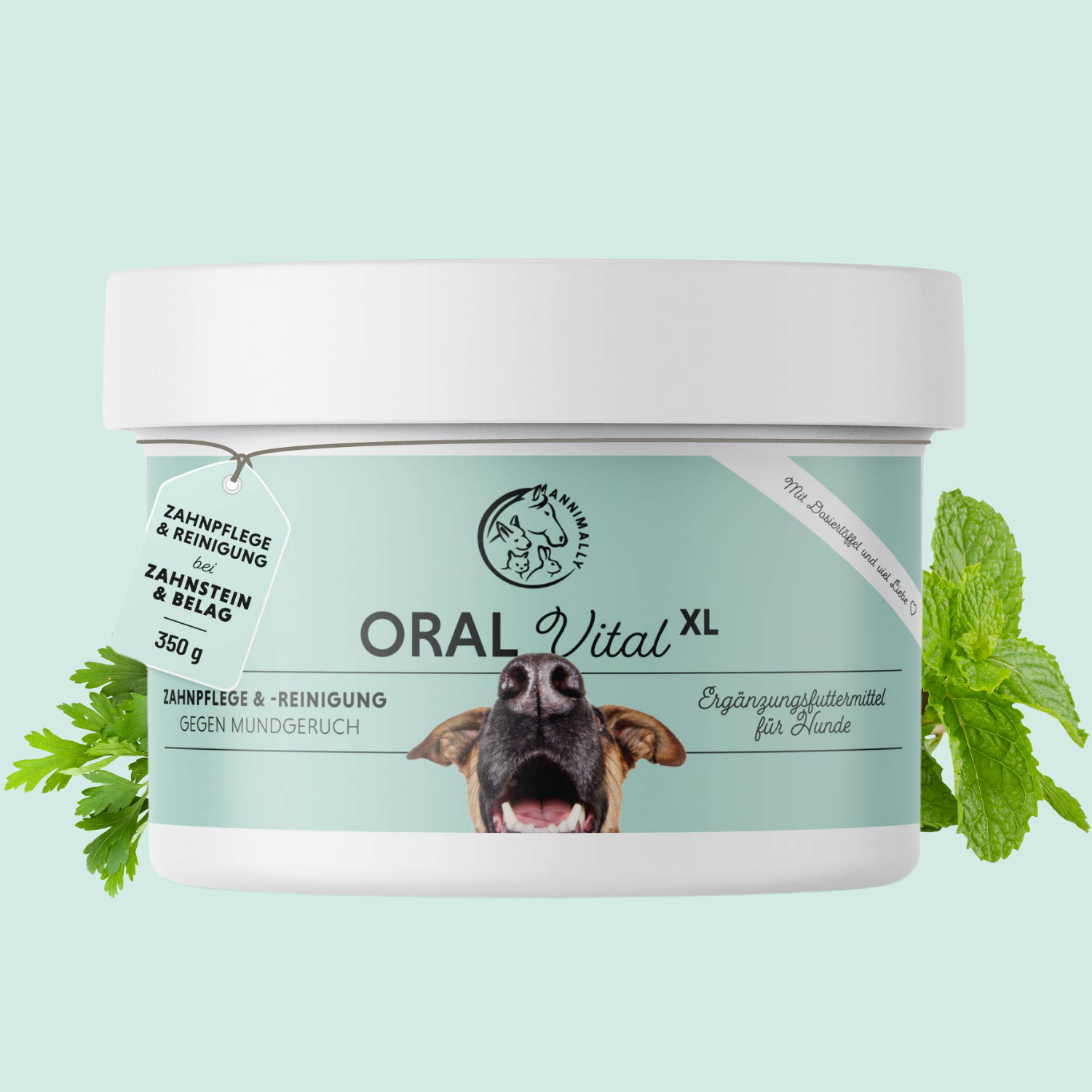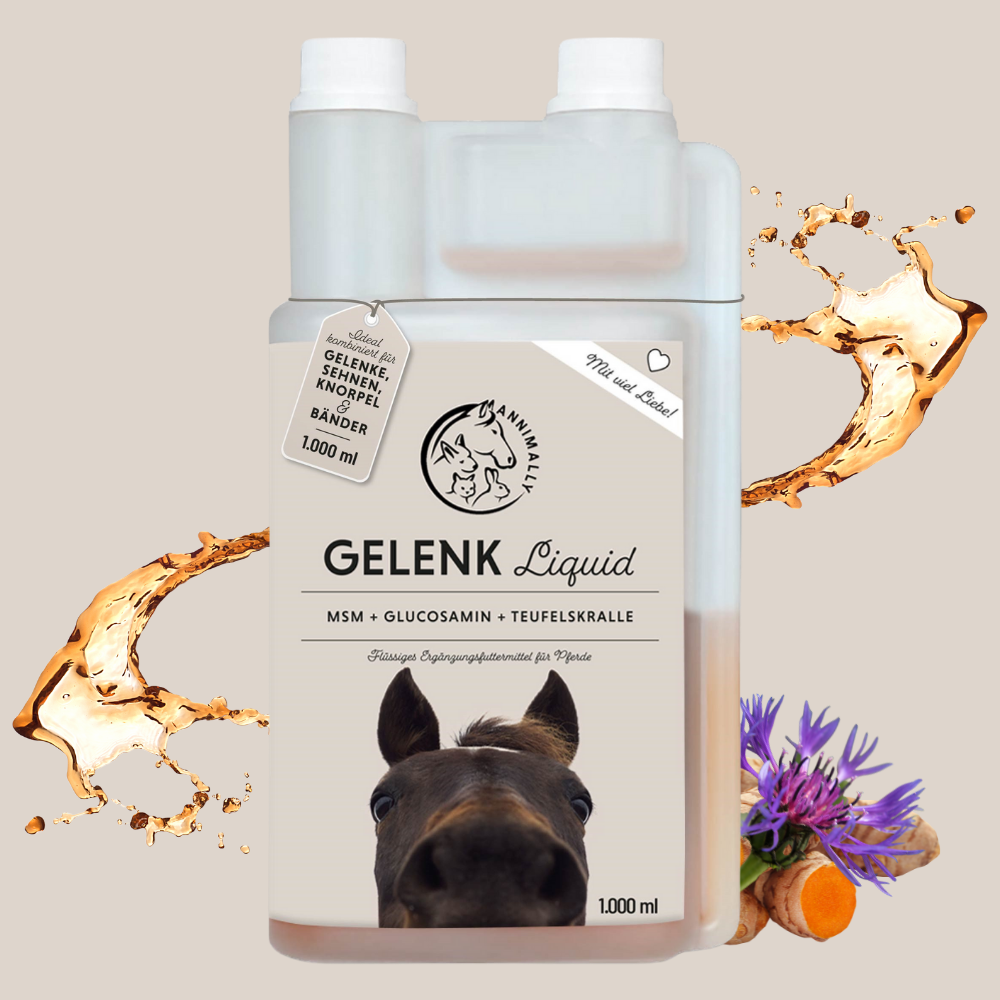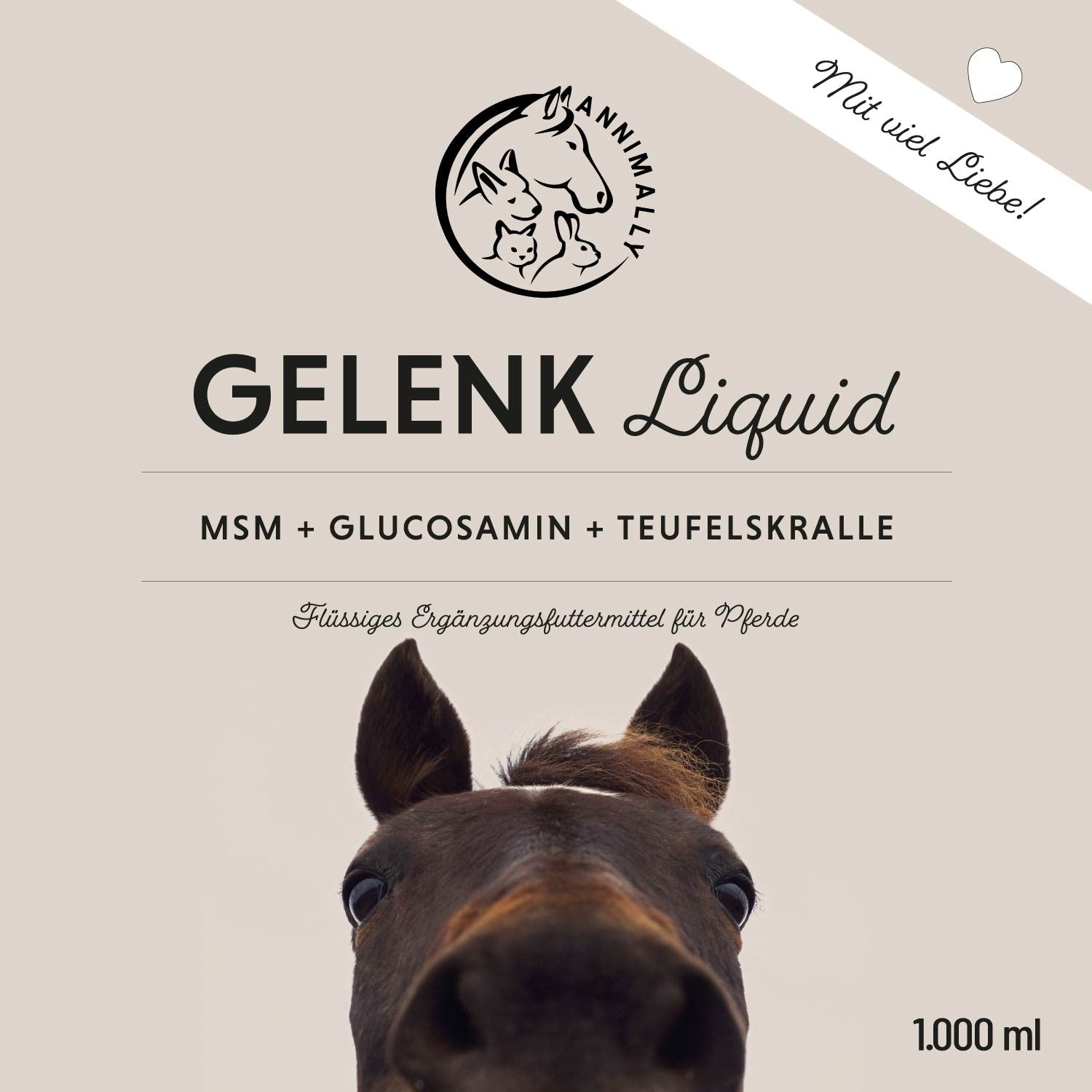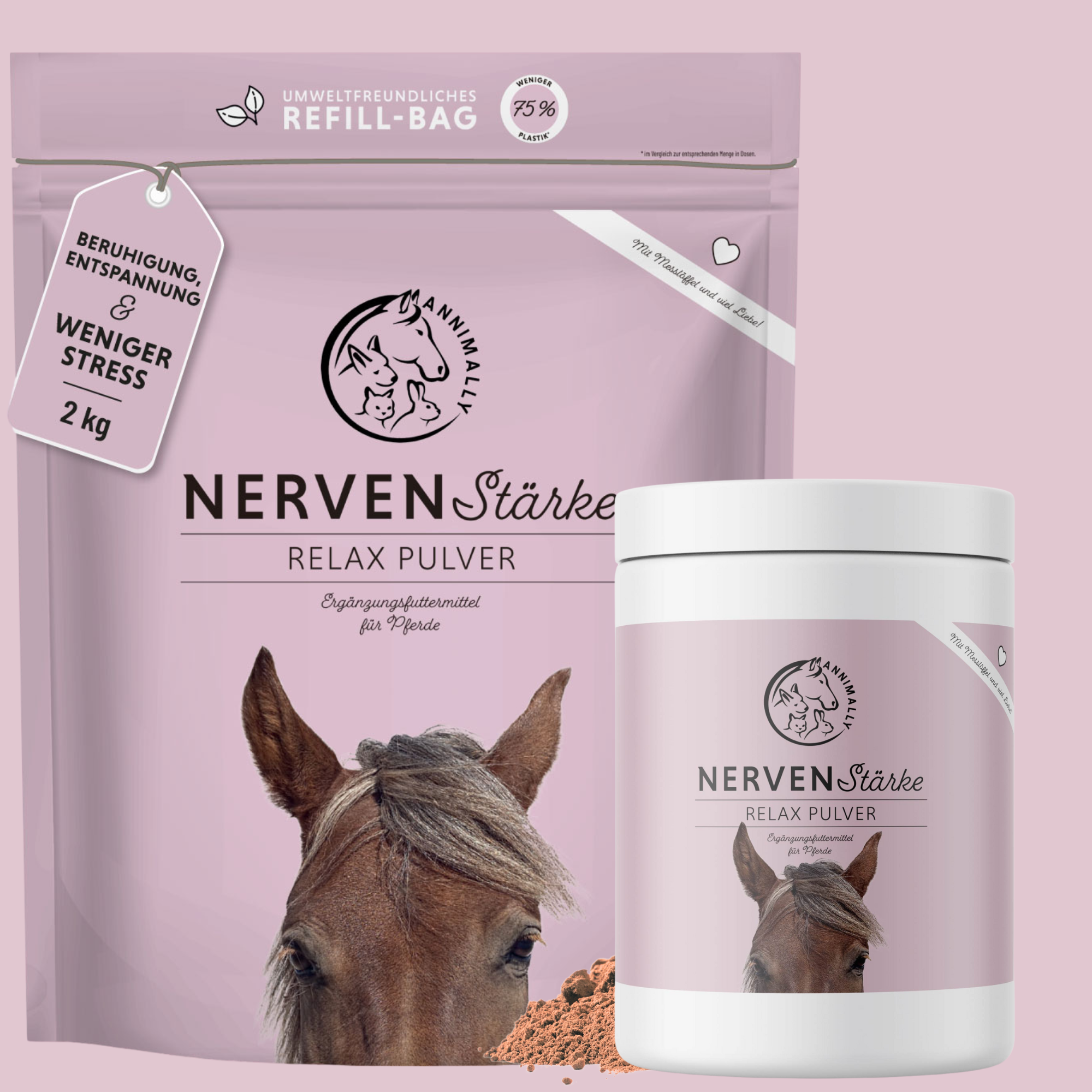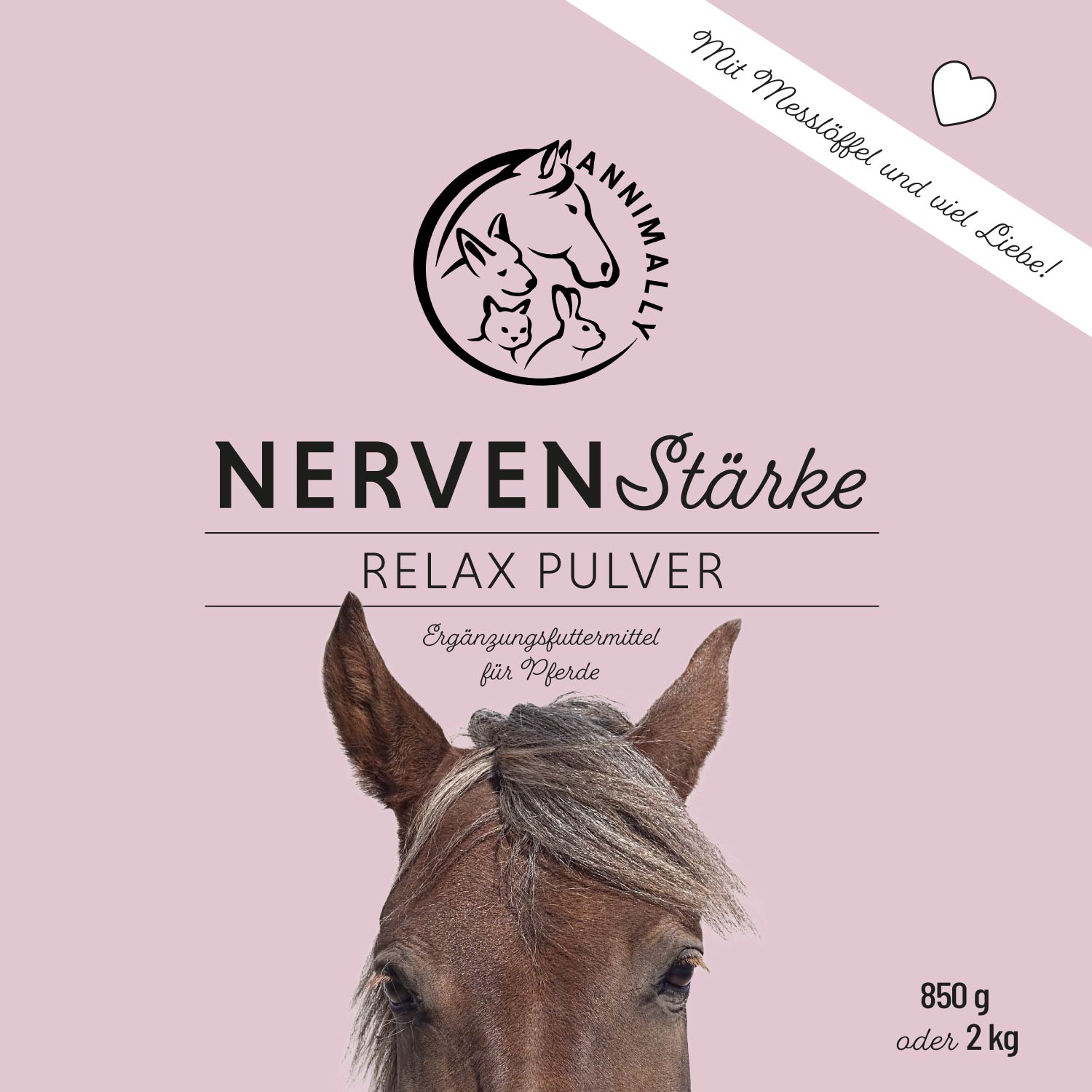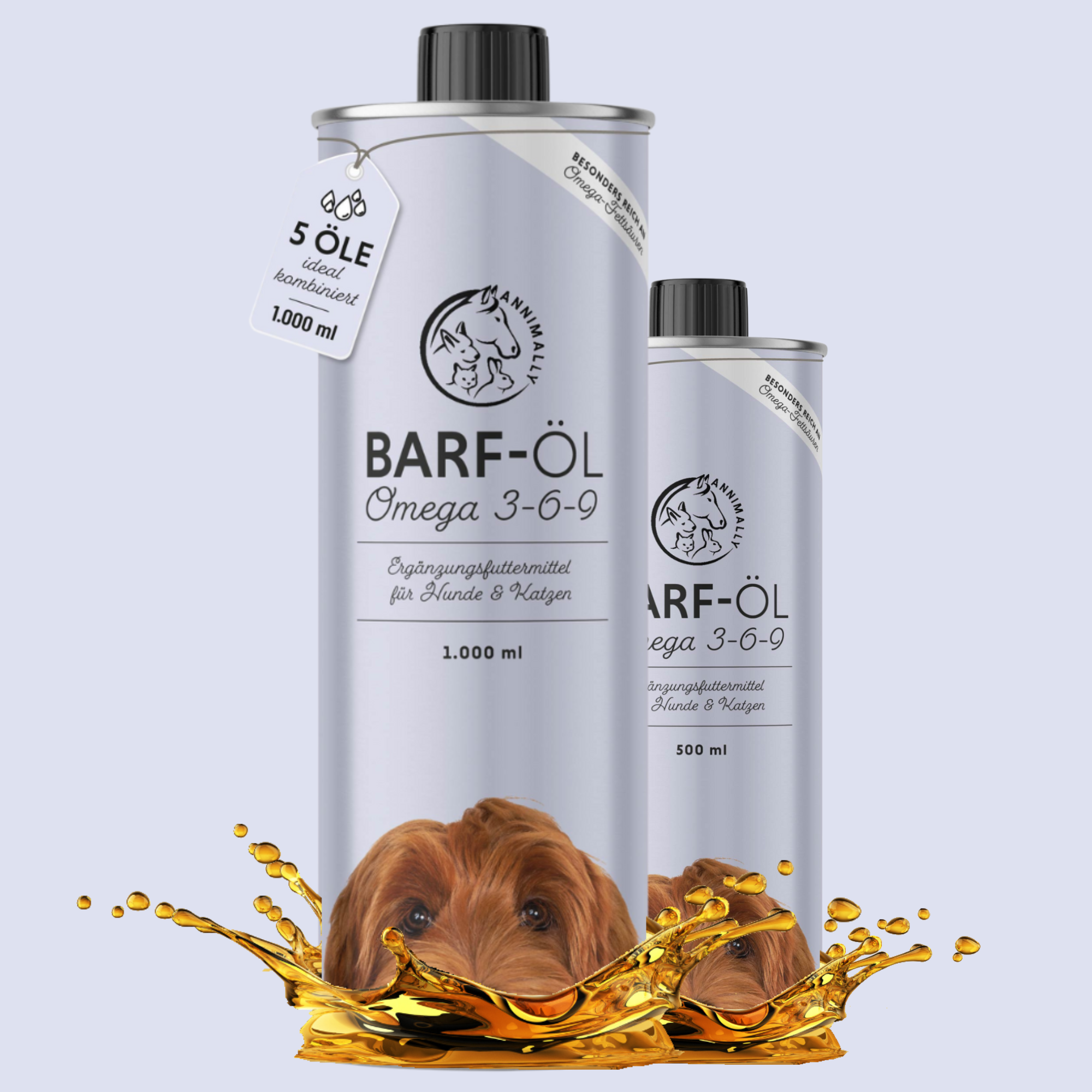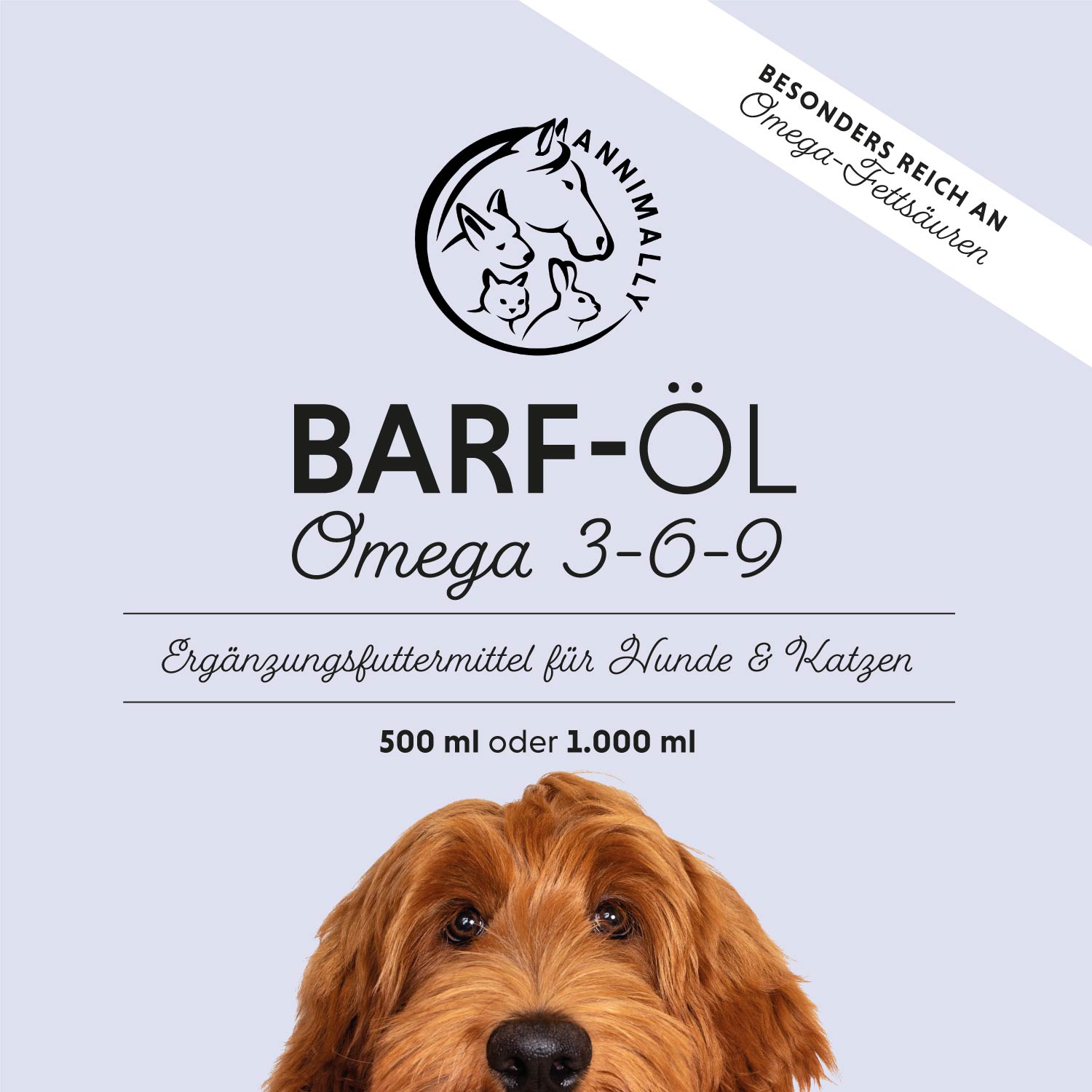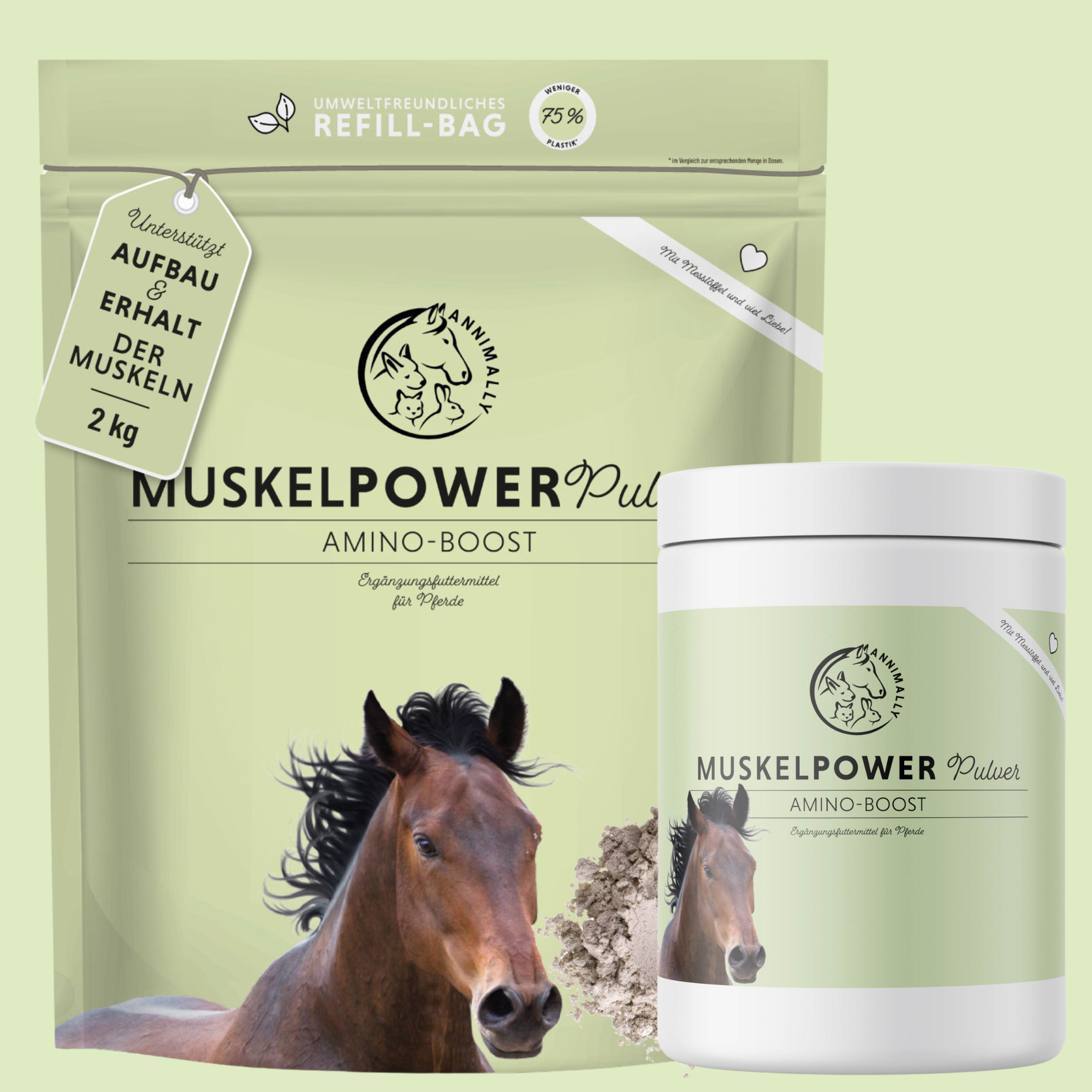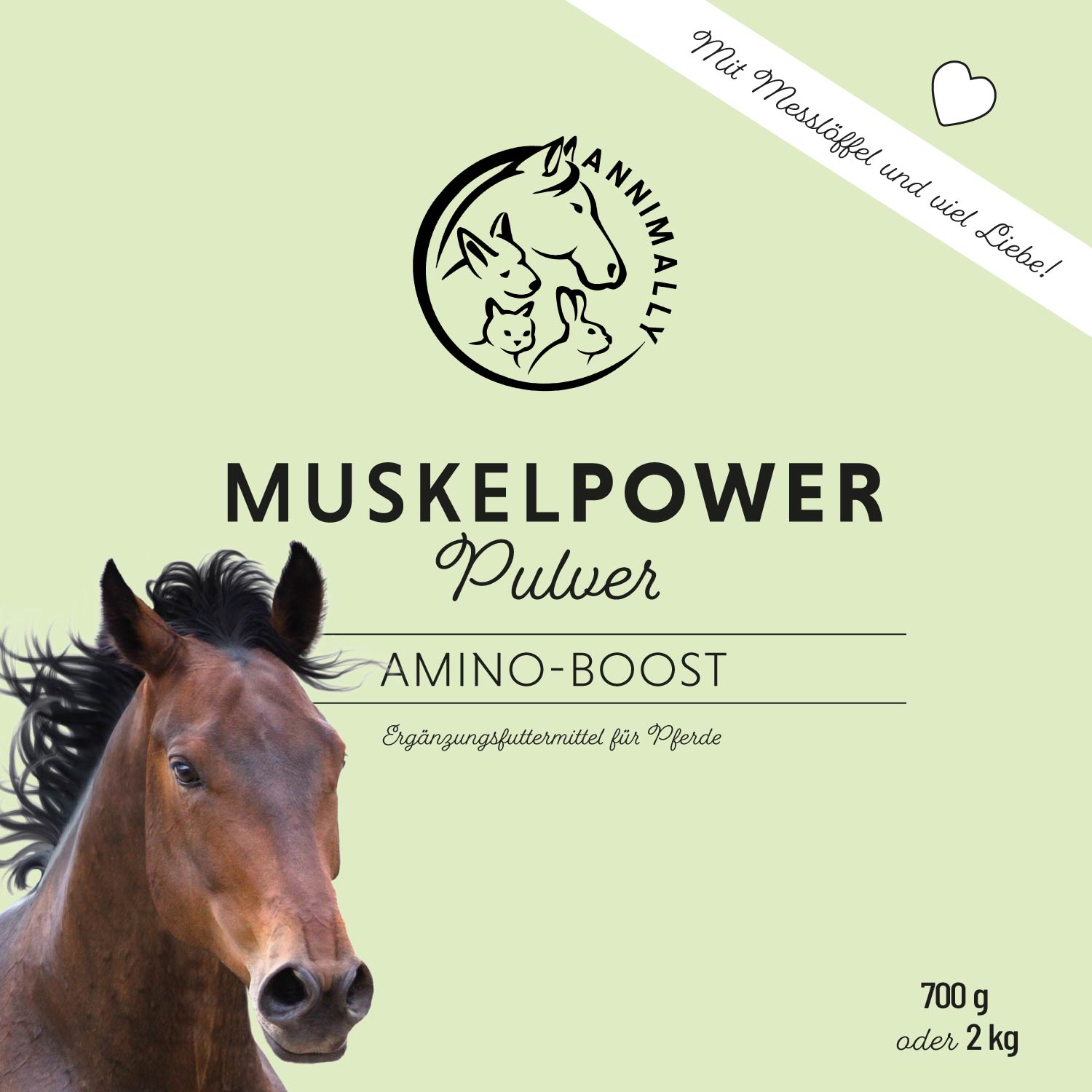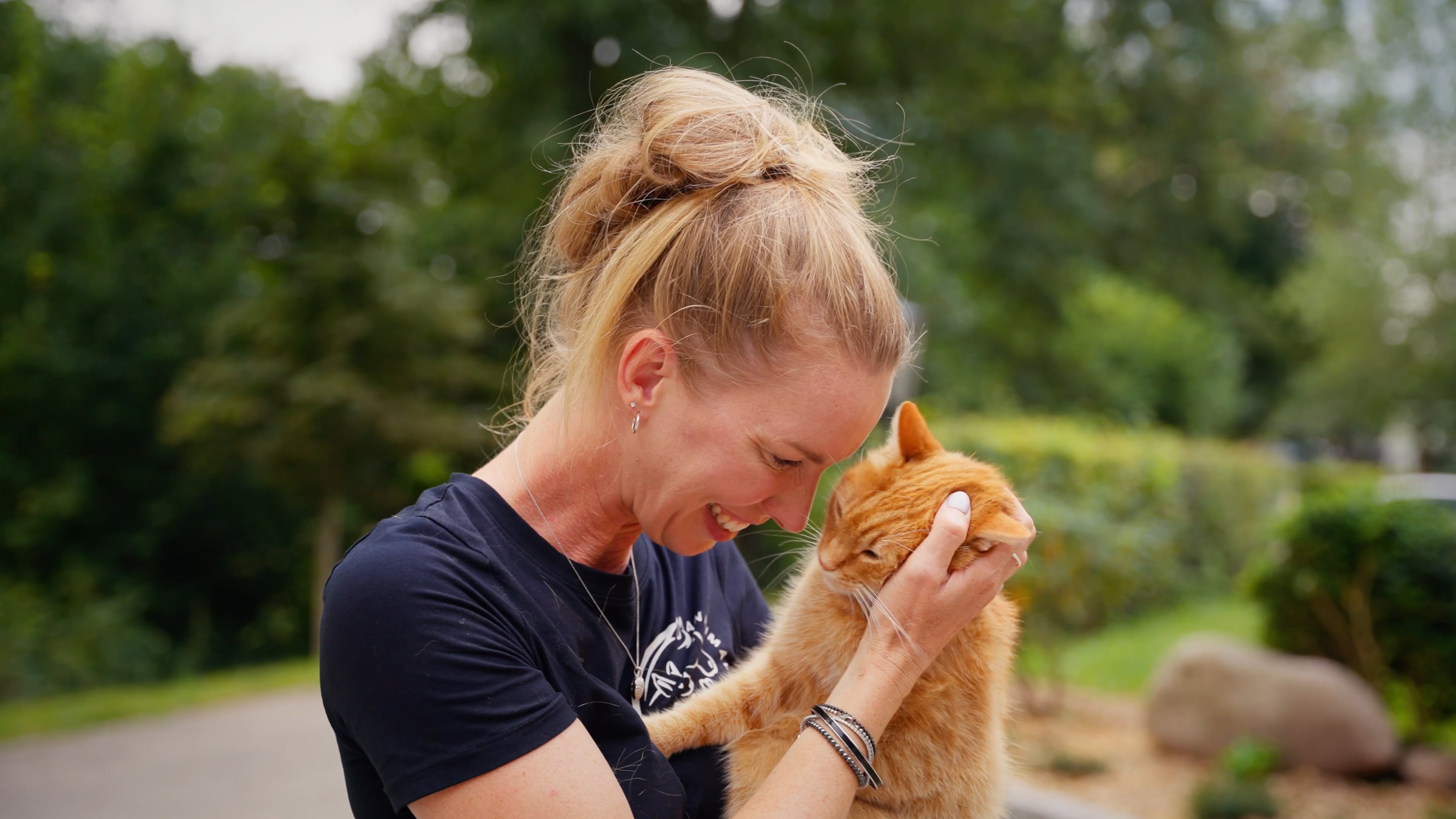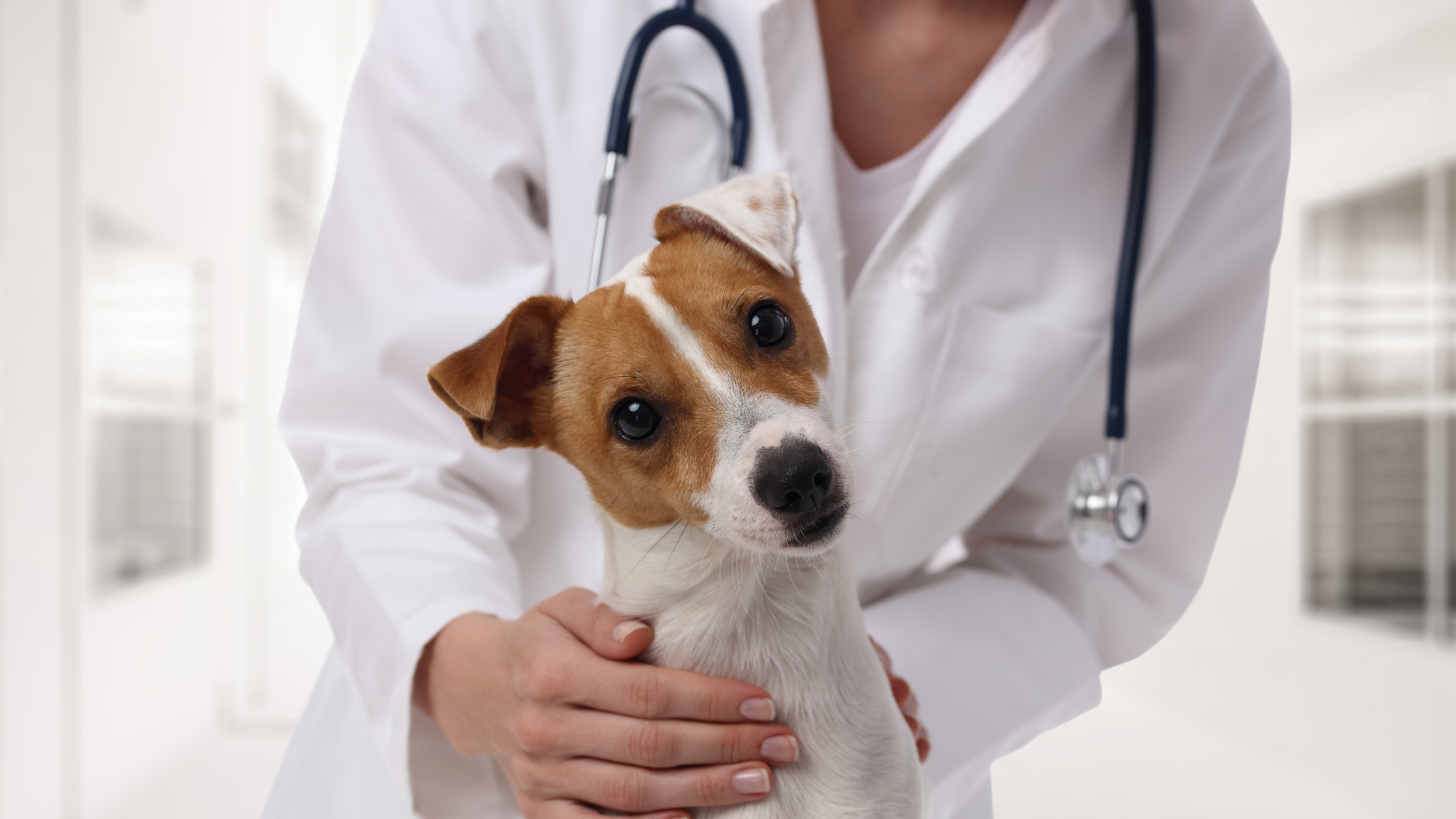
Vaccinations for dogs: what, when and how often to vaccinate?
Basic vaccinations, mandatory vaccinations, optional vaccinations... Vaccinations protect the life of your dog and at the same time the lives of other dogs. Anyone who has their four-legged friend vaccinated helps prevent known dangerous diseases from spreading. There are vaccinations against distemper, parvovirus, leptospirosis, canine hepatitis, rabies, kennel cough, babesiosis and Lyme disease. In general, a distinction is made between mandatory vaccines and optional vaccines. All vaccinations and the next vaccination dates are recorded in the pet passport. Which vaccinations are an absolute must, how often does a dog have to be vaccinated and what is actually done with the basic immunization in puppyhood? In this article we give you important information about vaccination.
The basic immunization of the puppy

In the beginning, the antibodies in the mother's milk still protect the puppies from possible infections. At the end of the suckling phase, at eight weeks, the first vaccination is due. This is called basic immunization. This only activates the immune system and does not really protect. The second vaccination is then announced at twelve weeks. Depending on the vaccine, the vaccine is then given again at 16 weeks or 15 months.
Mandatory vaccinations
Most often, some or all of the vaccines are given in a combination vaccine. The costs for this are usually between 50 and 80 euros. Since there is often a lack of clarity about the regularity or vaccination dates of the mandatory vaccinations, we have prepared a table for you to help you keep an eye on everything.
|
Illness |
The basic immunization |
The refresher |
||||
|
|
From 8 weeks |
From 12 weeks |
From 16 weeks |
From 15 months |
Yearly (by manufacturer) |
Every 3 years (depending on manufacturer) |
|
distemper |
x |
x |
x |
x |
|
x |
|
Hepatitis |
x |
x |
x |
x |
|
x |
|
Parvovirose |
x |
x |
x |
x |
|
x |
|
Leptospirosis |
x |
x |
|
x |
x |
x |
|
rabies |
|
x |
x |
x |
|
x |
distemper
Distemper is a dangerous and highly contagious viral disease that can cause severe gastrointestinal problems, respiratory illness, and fatal convulsions and paralysis.
Parvovirose
Parvovirus is caused by the highly contagious and highly resistant DNA virus CPV (canine parvovirus). It causes severe vomiting and high fever. Bloody diarrhea is also common. Even if the dog appears to be recovering, it often dies as a result.
Contagious canine hepatitis (H.c.c.)
If the dog has been infected with the canid adenovirus, which leads to canine hepatitis contagiosa, fever, kidney and eye infections occur. The virus can spread to the liver. There it causes extreme exhaustion and gastrointestinal problems. It ends fatally in young or weakened dogs.
Leptospirosis
Leptospirosis is one of the diseases that can be transmitted from dogs to humans. It is transmitted by the bacterium Leptospira. This is usually found in contaminated soil or water. Unfortunately, the disease has spread rapidly in recent years. It causes organ damage and often ends fatally.
rabies
Rabies can also be transmitted to humans. In dogs, rabies is transmitted by the Lyssa virus. Rabies leads to excessive salivation, pain and increased aggressiveness in dogs. The disease always ends in death.
elective vaccinations

Vaccinations against kennel cough, Lyme disease, babesiosis and leishmaniasis can be useful in individual cases. It all depends on whether your fur nose is chronically immunocompromised, for example. If your dog is likely to have complications from an infection with kennel cough, for example, vaccination would be advisable. If you live in a Lyme disease area, a corresponding vaccination can also be useful here. It is best to find out more from your trusted veterinarian.
Side effects of vaccination in dogs
Most dogs tolerate the vaccines well. However, it is important that your dog is healthy when you have him vaccinated. It should also be free of worms and parasites, otherwise the likelihood of serious side effects is increased. Symptoms that are common and milder side effects usually go away after two to three days. Slight fever, tiredness, loss of appetite and a lump at the injection site are common after vaccinations and are harmless in most cases. Nevertheless, you should inform the vet as a precaution. He will decide whether your dog needs to be re-examined or not. As after other drug treatments, it may be useful to support your dog's immune system before and after vaccination. Take a look at ours Shop over. Here you will find many little helpers, e.g. B. our Multi Vital Pulver.

